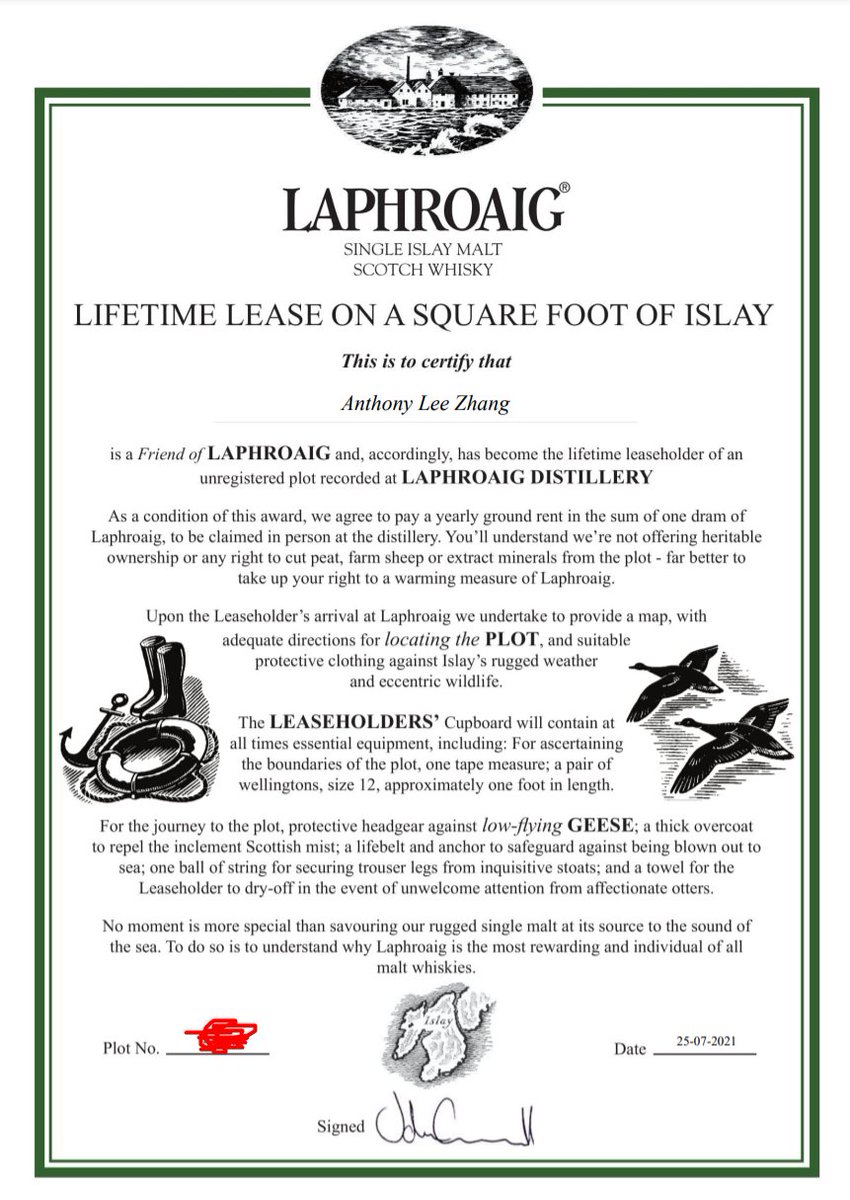
Tl;dr: independent seller claims that:
- Seller launched product on amazon
- Amazon identified most profitable product, sold data to competitor
- Some product rankings shenanigans
- Seller launched product on amazon
- Amazon identified most profitable product, sold data to competitor
- Some product rankings shenanigans
https://twitter.com/Molson_Hart/status/1419777136395702272
Without commenting on the specifics of this case. This seems like a pretty tricky regulation/antitrust issue! Amazon also creates basics products, which directly compete with their sellers. Does Amazon have an unfair advantage, bc they have data from fulfilling sellers' orders?
One could argue grocery stores have a similar "unfair advantage" since, e.g. Walmart observes cookie sales, and can choose which kind of cookie is more profitable to sell. Is this also an unfair advantage?
But there's much more balance-of power between sellers and distributors in the grocery store case. Walmart sells many cookie brands, Kraft sells food at many different grocery stores
Sellers on Amazon have less choices of distributors. Amazon also has the ability to use "ranking shenanigans" to favor store brands. A thought: Walmart could in principle do this too, putting store brands in more valuable, closer-to-eye-level shelf space!
Perhaps a difference is that (my understanding is) Walmart's distribution contracts with brands specify that products must be put in "good shelf space". The contract specifies the distribution tech, there's less "ex post hold-up"
I wonder why Amazon doesn't sell "shelf space" (i.e. priveleged ranking results) to customers in a similar way? Guesses:
- Market's too immature: will happen eventually, but not
- The AI-ranker uses click predictions, which isn't amenable to contracting on
- Market's too immature: will happen eventually, but not
- The AI-ranker uses click predictions, which isn't amenable to contracting on
I suppose an issue here is that Amazon can always _claim_ "hey we can't commit to rankings because it's all AI". But I suppose there's currently not much regulation preventing them from "steering" arbitrarily towards their store brand products
The huge size imbalance between sellers and amazon, plus the opacity of the AI-ranking algo relative to shelf space, means it's very hard for anyone to prove allegations that Amazon is/is not "steering", and even if it is, what realistically is a seller to do about it?
It's an interesting set of issues. I wonder if there's any good comparisons in classic antitrust settings. I guess one similar case is big tech's ability to clone startup apps with cool features (fleets, instagram stories, etc.)
But this case is (to exaggerate somewhat) as if FB could see all of snapchat's user data, clone snapchat, then make it very difficult for a user to ever install snapchat, literally aggressively pointing any attempted installs to FB's clone
Signal-boosting @TradeDiversion's link here: tl;dr is that Amazon private labels are a fairly small share of their sales, relative to chain store private labels
https://twitter.com/TradeDiversion/status/1419981082330599424
Couple people pointed out that Amazon does sell "good shelf space" - ads! But I guess the difference is, if you have an "organic" search feed and an an ads feed, Amazon could in principle always bump their private label stuff up in the organic feed
Though I guess the situation is somewhat analogous for grocery stores: just bc you pay for good shelf space, doesn't mean the store can't put their store brand product right next to your product...
• • •
Missing some Tweet in this thread? You can try to
force a refresh






